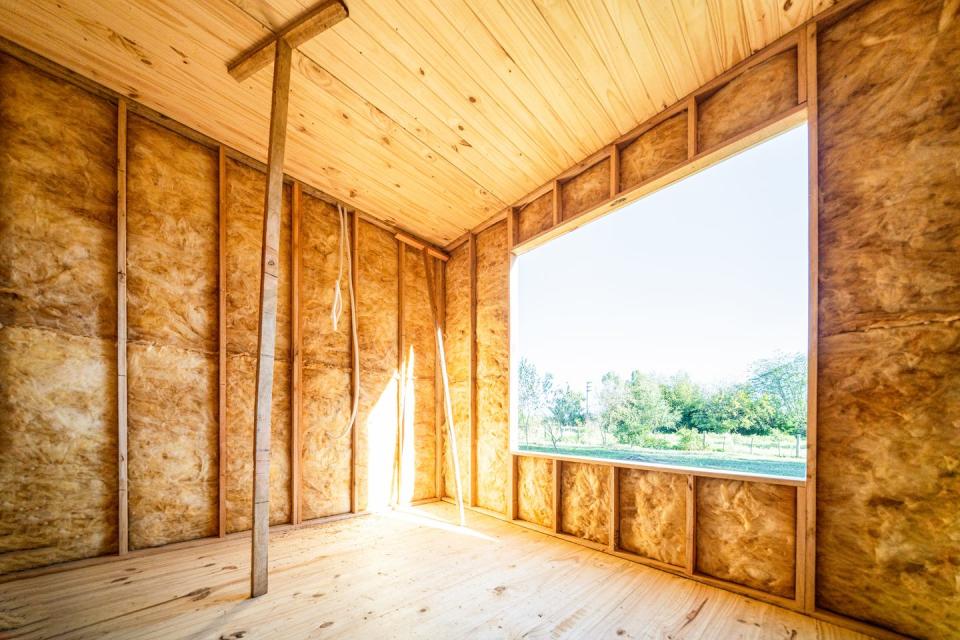These Energy-Efficient Home Upgrades Can Save You Serious $$$

From replacing drafty windows to installing solar panels, there are many ways to make a house more energy-efficient. While clean energy home upgrades may cost you upfront, they can improve the value of your home and save you money down the line. Plus, they're better for the planet and help support a sustainable lifestyle.
With President Biden's Inflation Reduction Act, the largest-ever investment in clean energy and climate action, there's no need to entirely invest in clean energy technologies on your own dime. When tax season rolls around next year, you can receive a tax credit to save thousands — including up to 30% on rooftop solar panels, heat pumps or new insulation. So if you're ready to make energy-efficient upgrades to your home, here are the four that will save you the most money:
To understand your home's energy use, start with a home energy audit. You can receive up to $150 in tax credit.
1. Swap in energy-efficient doors and windows.
Not only can new windows, sliding doors or a modern front door boost your curb appeal, but energy-efficient options will save you money down the line. According to the U.S. Department of Energy, heat gain and heat loss through windows are responsible for 25% to 30% of residential heating and cooling energy use.
If your windows and doors are in good condition, try clean upgrades, like covering air leaks with caulk or weatherstrip. And when tax season rolls around, families who make energy-efficiency improvements can receive tax credits worth up to $500 for exterior doors and $600 for windows.

2. Install an electric heat pump.
Heat pumps, an energy-efficient alternative to furnaces and air conditioners, use electricity to heat or cool your home — depending on the time of year. While they have a high upfront cost (the transition will likely be a few thousand dollars), you'll likely save an average of $500 per year on energy bills. Plus, families who install an efficient electric heat pump for heating and cooling can receive a tax credit of up to $2,000.
3. Replace old insulation.
Insulation can last around 80 to 100 years, but some may start losing effectiveness much earlier. If your insulation is not properly reducing heat gain in warmer weather and heat loss in colder weather, heating and cooling costs will increase. An energy audit will help determine if your insulation should be replaced — and if it does, you can receive a tax credit up to 30 percent off the cost of new insulation.

4. Invest in rooftop solar energy.
Solar panel systems can be pricey (the average cost is around $22,000), but the investment can drastically reduce — or even eliminate — the cost of electric bills. They also help reduce carbon emissions and increase your property's value! Luckily, if you've installed solar panels anytime since January 1, 2017 — or plan to in the next decade, you can save up to 30 percent of the cost of the installation via a tax credit.
You Might Also Like

 Yahoo Lifestyle
Yahoo Lifestyle 
